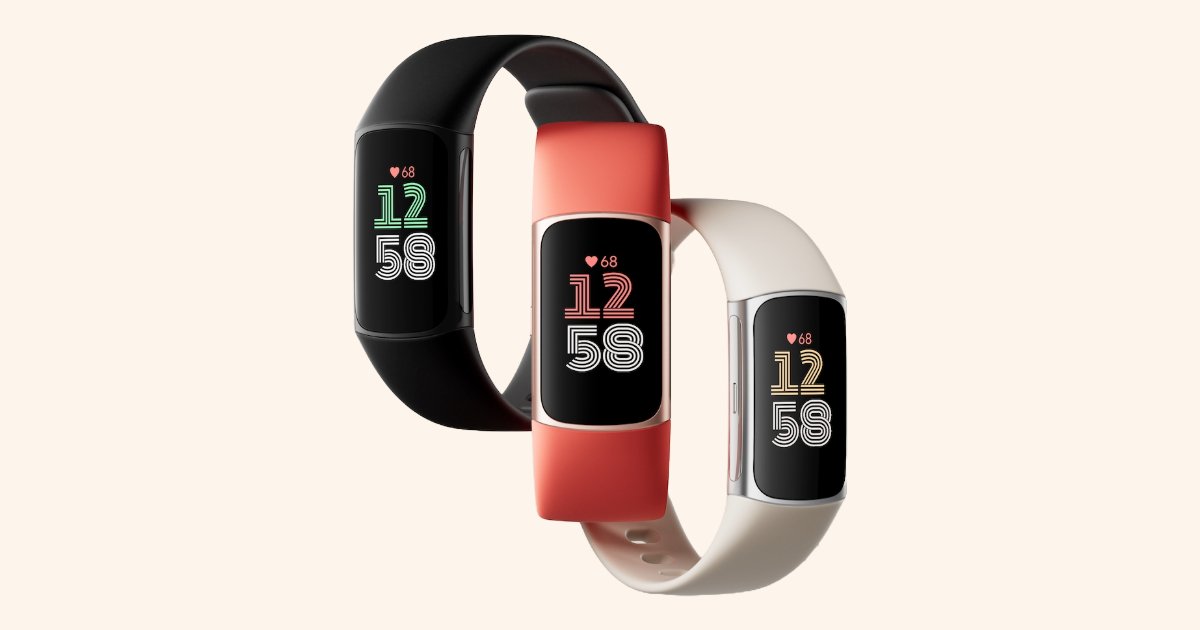Behemoth lab test company Quest Diagnostics is partnering with Google’s Fitbit to study how wearable technologies can improve metabolic health.
The pilot study, dubbed Wearables for Metabolic Health (WEAR-ME), will combine Fitbit’s behavioral and biometric data with health information from Quest Diagnostics’ lab tests to garner insights on assessing metabolic health and possibly preventing disease.
Metabolic health is commonly measured by five markers, including optimum levels of high-density lipoprotein (HDL) cholesterol, blood sugar levels, waist circumference, blood pressure and triglycerides.
Poor metabolic health can increase one’s risk of developing heart disease, stroke, diabetes, cardiovascular disease and dementia, among other conditions.

WEAR-ME will invite approximately 1,500 Fitbit users to participate in the three-month-long study. Participants will share their data with researchers and be given a panel of blood tests at no cost to assess their metabolic health. Individuals can sign up for the study via the Google Health Studies App.
“Improving metabolic health is essential to prolong the time we stay healthy and disease-free,” Dr. Javier L. Prieto, principal investigator and senior staff research scientist at Google, said in a statement. “Metabolic health is influenced by many factors. We think this study will help us uncover how biometrics measured by wearables can help you understand your metabolic health. With that understanding, you will be able to improve your health through better activity, sleep and dietary habits.”
THE LARGER TREND
Wearables have been used to study metabolic health in the past.
In a study published in npj Digital Medicine, researchers built a program that combined continuous glucose monitoring and wearables to give participants lifestyle recommendations to improve their health.
Participants kept track of food intake, body weight and physical activity via a smartphone app that integrated data from wearables. Recommendations were then given to participants based on personal goals, user preferences and observed glycemic patterns.
Findings suggested that individuals’ access to the data led to healthier lifestyle choices and improved metabolic health for both nondiabetic and individuals with type 2 diabetes.










